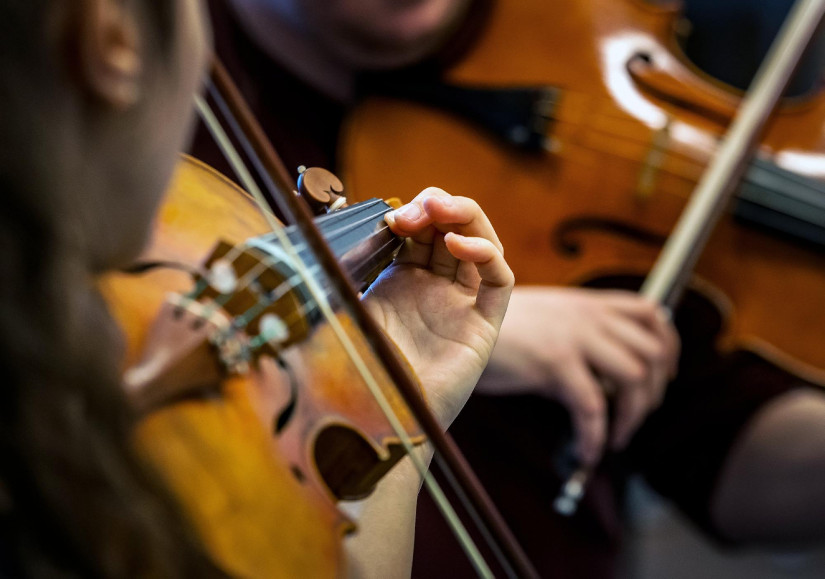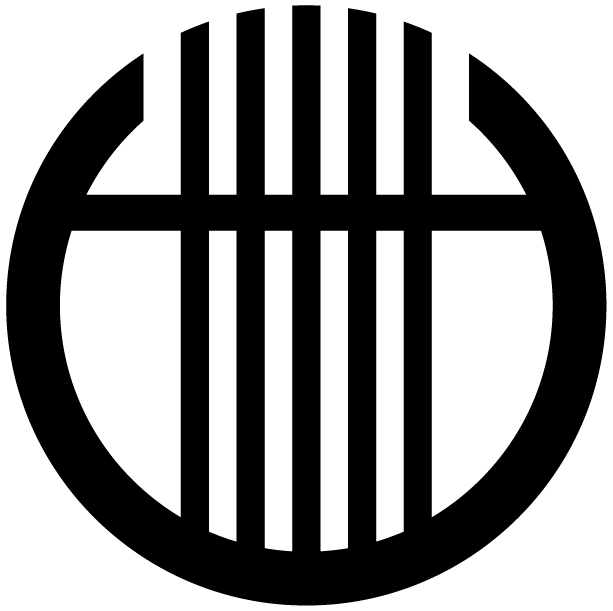
1 February 2025, 19.00-21.00
Solti Hall
Written a Hundred Years Ago
Chamber Works  Presented by Liszt Academy
Presented by Liszt Academy
Hubay: Six Pieces, Op. 121
Maria Trepashko (violin), Botond Farkas (piano)
Kadosa: Sonata for Violin and Piano No. 1, Op. 5
Márton Sárréti (violin), Annamária Makay (piano)
Dohnányi: Andante rubato from Ruralia Hungarica, Op. 32d
Boglárka Forgó (cello), Áron Lescsinszky (piano)
INTERMISSION
Seiber: Sonata da Camera
Zsófia Fóris (violin), Boglárka Forgó (cello)
Bloch: Three Nocturnes
Mikrokosmos Trio: Zsófia Fóris (violin), Boglárka Forgó (cello), Áron Lescsinszky (piano)
Roussel: Sérénade, Op. 30
Zsófia Fóris (violin), Dorina Anna Molnár (viola), Boglárka Forgó (cello)
Boglárka Csapó (flute), Panna Szöllősy Vágó (harp)
Moderator: Rebeka Pál-Ádány
The Liszt Academy’s “Written One Hundred Years Ago” series evokes both the past and the future. This series commemorates the institution’s 150th anniversary in 2025 by featuring performances from emerging artists, highlighting works created during the 1924-1925 period. The second concert in the series, focusing on chamber music, juxtaposes works by Hungarian and international composers. In the first half of the program, we will hear compositions by Hungarian composers who were also performing artists. Ernő Dohnányi’s “Ruralia Hungarica” has an interesting history: originally inspired by Hungarian folk songs, this seven-movement piano piece was composed in 1923. In 1924, Dohnányi arranged five of the movements for orchestra, three for violin and piano, and one for cello and piano. In the second half of the evening, we will have a look at the work of a lesser-known Hungarian composer and the output of European music literature in 1924-25. Although Mátyás Seiber was a student at the Liszt Academy and studied composition with Zoltán Kodály, he did not become a major figure in 20th century Hungarian classical music, turning to jazz soon after his studies and settling in London in the second half of his life. He wrote the Sonata da Camera of 1925, one of the most interesting pieces of chamber music written at that time, shortly after his years at the Liszt Academy. With Ernest Bloch’s work, we leave Europe, as the composer, originally from Switzerland, was living in the United States at the time of his 1924 composition. The second half of the programme concludes with Albert Roussel’s quintet for flute, harp, violin, cello and piano. A lesser-known French composer today, his works were highly acclaimed in Paris in the 1920s and 1930s, and his chamber music, with its unique orchestration, is considered one of his most successful works. Roussel was keenly interested in 18th-century keyboard music, and this influence can be felt in his works.
- 10% discount for 2 concerts,
- 15% discount for 3 concerts,
- 20% discount for 4 or more concerts.
Presented by
Liszt Academy Concert Centre
Tickets:
HUF 2 900


